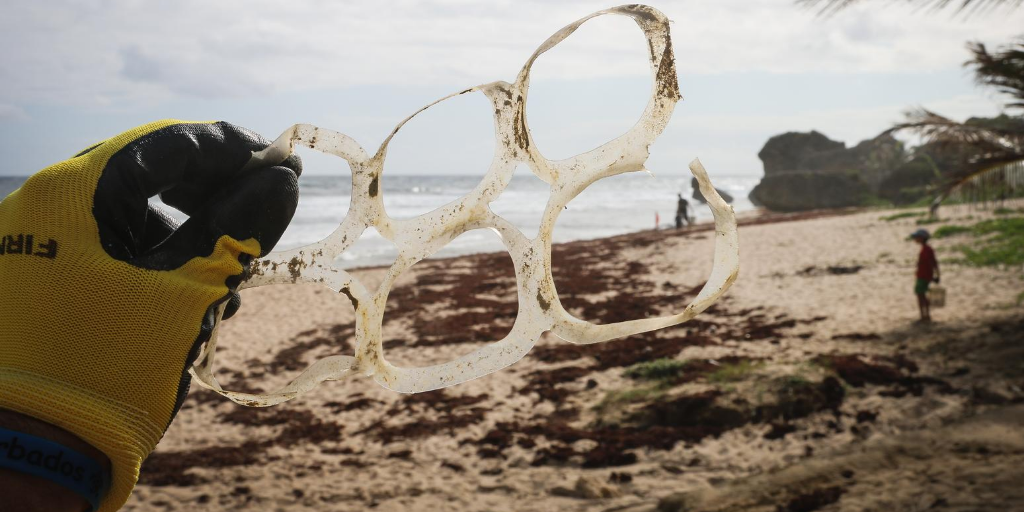Written by: Kimberly White
Companies, government agencies, and NGOs across the United States have come together in a new initiative to combat plastic pollution- the U.S.Plastics Pact.
Led by The Recycling Partnership and the World Wildlife Fund, the national initiatives aims to drive collaborative action among businesses, governments, and NGOs and work towards a circular economy for plastic.
Plastic pollution is one of the most discussed environmental topics among world leaders aside from climate change. The majority of all plastic produced is waste. Since 1950, virgin plastic production has increased 200-fold.
Globally, more than eight million tonnes of plastic makes its way into the oceans every year. Plastic pollution has reached the farthest ends of the earth, from the remote corners of the Pyrenees mountains to the deepest point in the ocean, the Mariana Trench, and even into beer and tea.
“Plastic pollution is a global crisis that needs local solutions, and the United States is one of the biggest opportunities where regional interventions can result in transformative change around the world,” stated Erin Simon, Head, Plastic Waste and Business at World Wildlife Fund.
The U.S. Plastics Pact is the latest addition to the Ellen MacArthur Foundation’s Plastics Pact network. The U.S. Plastics Pact joins several other national plastics pacts, including Chile, France, the United Kingdom, South Africa, the Netherlands, and Portugal.
At the time of its launch, the U.S. Plastics Pact had more than 60 signatories, representing every part of the supply and manufacturing chain.
“Together, through the U.S. Plastics Pact, we will ignite systems change to accelerate progress toward a circular economy,” said Sarah Dearman, VP of Circular Ventures for The Recycling Partnership. “As the lead organization that engages the full supply chain to advance circularity in the U.S., it’s a natural fit for The Recycling Partnership to further collaborative action with other industry leaders to create substantial, long-lasting change for the betterment of our planet,”
By joining the U.S. Plastics Pact, signatories commit to collectively identifying and eliminating unnecessary and problematic single-use plastic packaging by 2025.
Signatories also commit to achieving the following targets:
- Ensure all plastic packaging is reusable, recyclable, or compostable by 2025
- Undertake ambitious actions to recycle or compost 50 percent of plastic packaging by 2025
- Increase the amount of recycled content and responsibly sourced bio-based content to 30 percent by 2025
“This is an exciting step on the journey towards a circular economy for plastic in the United States, one that keeps plastic in the economy and out of the environment,” said Sander Defruyt, New Plastics Economy Lead, Ellen MacArthur Foundation. “This effort will not only help to create solutions in the U.S., but across the world, as part of our global network of Plastics Pacts.”
Initial signatories of the U.S. Plastics Pact include the City of Austin – Austin Resource Recovery, City of Phoenix, L’Oreal USA, Unilever United States, the Ocean Conservancy, Target, Walmart, the United States Composting Council, and more.
Header Image Credit: Brian Yurasits/Unsplash







